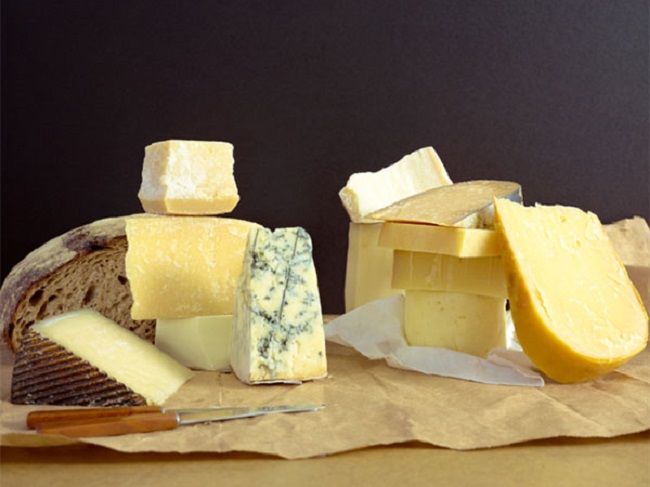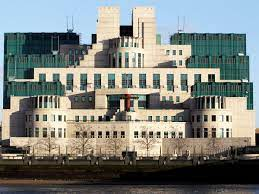Cheese is one of the most popular foods in the world, with a wide variety of varieties and styles. But how do you know when cheese is good or bad? Here are some guidelines to help you determine whether your cheese is fresh or spoiled!
What are the origins of cheese?
Cheese is a dairy product made from milk that has been curdled, or split, and then molded into a variety of shapes. The most popular types of cheese are soft cheeses, such as Brie and Camembert, which are made from unpasteurized milk. Hard cheeses, such as Cheddar and Parmesan, are made from pasteurized milk.
The earliest known cheese was made in China about 6500 BC. Cheese was spread on bread and eaten as a snack. Cheeses were not used for cooking until about 1000 AD. At that time, monks in Europe began to make cheese for use in cooking.
Cheese comes from the Latin word caseus, meaning “milk case.” Cheese was originally made only from cow’s milk but today it is also made from goat’s milk, sheep’s milk, and even buffalo milk.
How do you know if cheese is bad?
Cheese can be a healthy part of a balanced diet, but sometimes it can be bad for you. Here are some ways to tell if cheese is bad for you:
-If cheese is making you sick, it’s probably not good for you. If you have a stomachache after eating cheese, it’s time to stop eating it.
-Cheese is high in fat and calories. This means that it can make you fat if you over eat it. If you’re trying to lose weight, avoid cheese altogether.
-Cheese is full of lactose. Lactose is a sugar molecule that can cause problems for some people with dairy allergies. If you have trouble digesting dairy products, avoid cheese.
-Cheese contains casein, which can cause problems for people with joint pain or arthritis. If your joints feel stiff or sore after eating cheese, it’s best to avoid it.
Cheese can be a healthy food, but there are health risks associated with eating it. One health risk is that cheese can contain high levels of casein, which can increase the risk of developing type 2 diabetes. Additionally, cheese can also contain high levels of cholesterol and saturated fat, which can increase the risk of heart disease.
Alternatives to cheese
There are a lot of great alternatives to cheese out there, so it’s always a good idea to consider what you can replace it with. Here are a few ideas:
-Nutrition bars: These can be tailored to your specific needs and often have more than just cheese as an option. For example, some bars have cashews or almonds as the main ingredient, which make for a delicious and nutritious alternative.
-Vegetables: Lots of vegetables come in different forms, such as diced up carrots or peas, cauliflower rice, or even zucchini noodles. All of these options are high in nutrients and low in calories, making them a great replacement for cheese on occasion.
-Soups: A good vegetable soup is a perfect way to switch things up and get your daily dose of vitamins and minerals. Not only that, but soups usually have less ingredients than traditional cheeses so they’re easy to customize to your own taste.
Conclusion
Cheese can be a great addition to your diet, but it’s important to be aware of the potential harmful effects that cheese can have on your body. When you eat cheese, the milk proteins and casein in it break down into peptides and free radicals, which can cause inflammation and even cancer. So if you’re trying to avoid putting unhealthy chemicals into your body, make sure to stay away from cheese!



